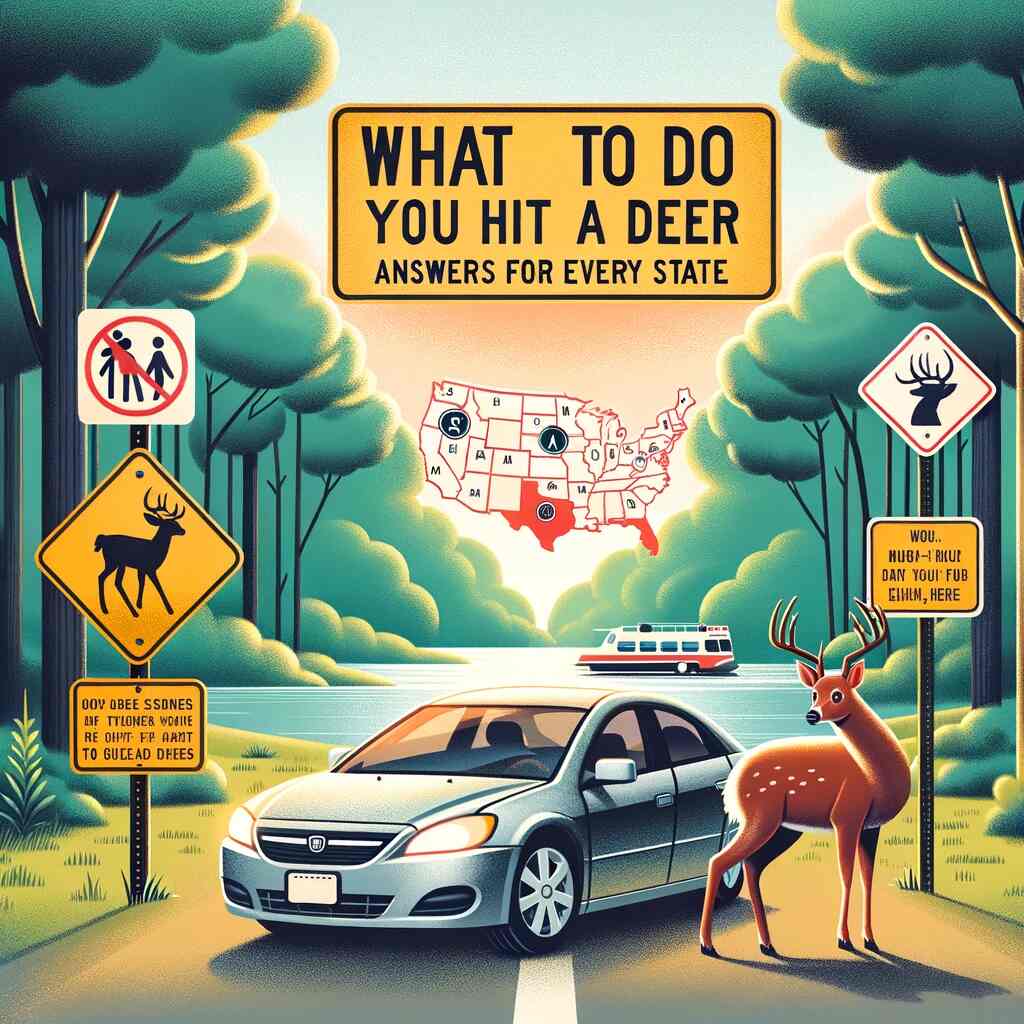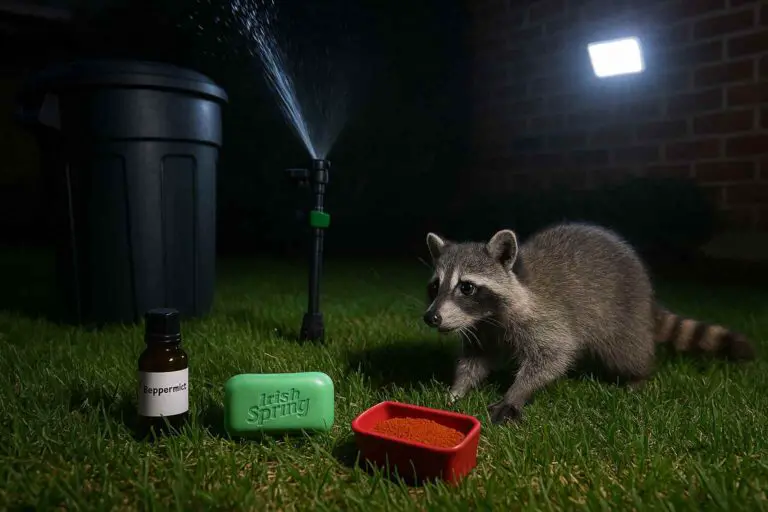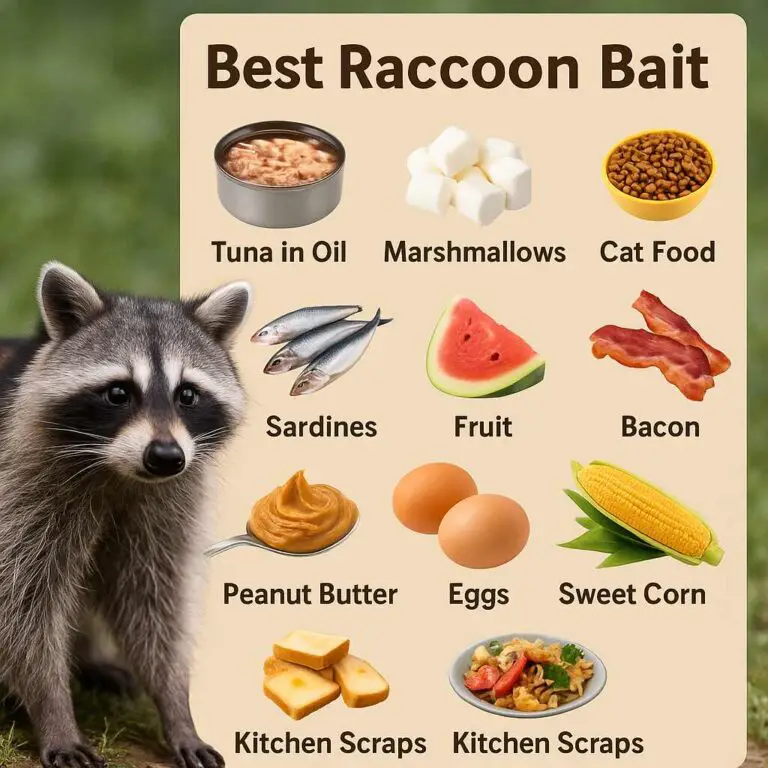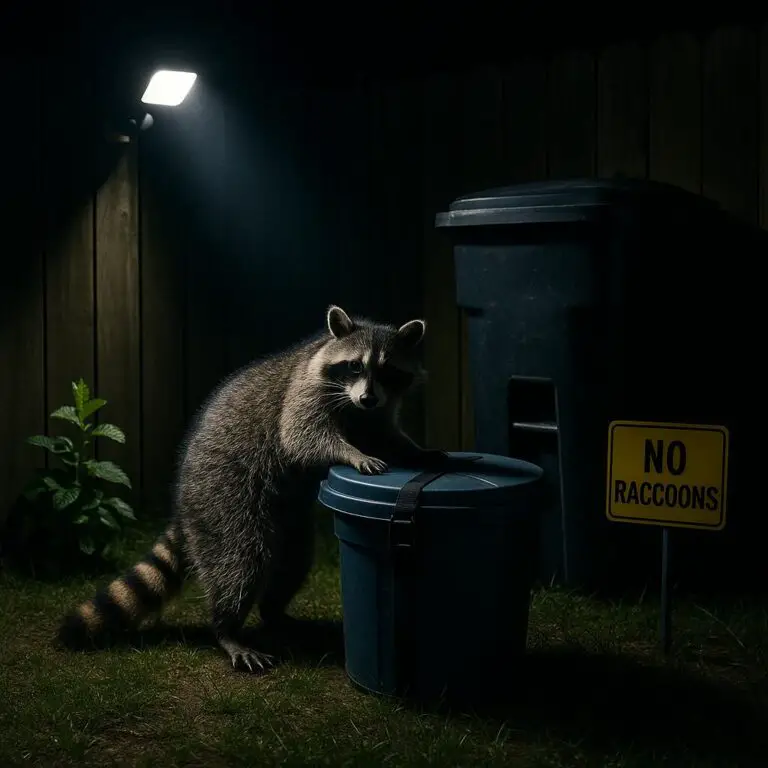Deer-vehicle collisions are not uncommon, especially in states with a significant deer population. These accidents can happen at any time of the year, but they are more frequent during certain seasons, such as the mating season in the fall. When a collision with a deer occurs, it can result in vehicle damage, injuries, or even fatalities.
The steps to take after hitting a deer can vary depending on the state you are in. Each state may have its own laws and regulations regarding deer-vehicle collisions, and understanding these guidelines is essential to ensure that you handle the situation appropriately and legally.
General Guidelines for Dealing with a Deer Collision
Before we delve into the specific instructions for each state, let’s discuss some general guidelines that apply in most cases when you hit a deer:
- Ensure Safety: After the collision, pull over to a safe location, turn on your hazard lights, and put on your hazard triangle or flares if you have them. Make sure your vehicle is visible to other drivers.
- Check for Injuries: Assess yourself and your passengers for injuries. If anyone is hurt, call 911 immediately. Your safety and the well-being of others should be your top priority.
- Report the Accident: Call the local law enforcement agency or state police to report the accident. In some states, it’s a legal requirement to report collisions with wildlife.
- Document the Incident: Take photos of the accident scene, the deer, and the damage to your vehicle. This documentation can be useful for insurance claims.
- Do Not Approach Injured Deer: If the deer is still alive but injured, do not attempt to approach it. Injured deer can be dangerous and unpredictable.
- Move Your Vehicle if Safe: If your vehicle is obstructing traffic and it is safe to do so, move it to the side of the road. However, do not endanger yourself or others in the process.
- Contact Your Insurance Company: Notify your insurance company about the accident as soon as possible. They can guide you through the claims process.
Now, let’s explore the specific guidelines for what to do if you hit a deer in each state.
Alabama
In Alabama, if you hit a deer, you are not legally required to report the accident to the authorities unless there are injuries involved. However, it’s a good practice to report it to local law enforcement for documentation purposes.
Alaska
Alaska has a high population of deer, and collisions are common, especially during the winter months. If you hit a deer in Alaska, you must report the accident to the Alaska State Troopers within 10 days. Additionally, you can keep the deer carcass for food if you want, but you must obtain a permit from the troopers.
Arizona
In Arizona, you are not required to report a deer collision unless it results in injuries or significant property damage. However, you can contact the Arizona Game and Fish Department to see if they can salvage the deer for use in their wildlife rehabilitation programs.
Arkansas
Arkansas law mandates that all accidents involving deer must be reported to the local law enforcement agency or the Arkansas Game and Fish Commission. You may also claim the deer if you wish to keep it for personal use, but you must obtain a permit from the Commission.
California
In California, it’s not mandatory to report a deer collision unless it causes injuries or property damage exceeding $1,000. However, you can call the California Department of Fish and Wildlife if you wish to salvage the deer for consumption.
Colorado
In Colorado, accidents involving deer must be reported to the local law enforcement agency. If you want to keep the deer for its meat, you must obtain a roadkill permit from Colorado Parks and Wildlife.
Connecticut
Connecticut requires drivers to report accidents involving deer to the local police or state police if there is property damage exceeding $1,000. If you want to keep the deer, you must contact the local police for permission.
Delaware
Delaware does not have a specific requirement to report deer collisions unless there are injuries involved. However, you can contact the Delaware Division of Fish and Wildlife for information on salvaging the deer for food.
Florida
In Florida, it’s not mandatory to report a deer collision unless there are injuries or significant property damage. If you wish to keep the deer, you can contact the Florida Fish and Wildlife Conservation Commission for information on obtaining a permit.
Georgia
Georgia law does not require you to report a deer collision unless there are injuries or property damage exceeding $500. However, you can contact the Georgia Department of Natural Resources for information on salvaging the deer.
Hawaii
Hawaii has a relatively low deer population, and collisions are less common. If you hit a deer in Hawaii, report the accident to the local police. You may also keep the deer for its meat, but you must obtain a permit from the Hawaii Department of Land and Natural Resources.
Idaho
In Idaho, it’s not mandatory to report a deer collision unless there are injuries or property damage exceeding $1,500. If you want to salvage the deer, you can contact the Idaho Department of Fish and Game for information on obtaining a permit.
Illinois
Illinois requires drivers to report accidents involving deer to the local law enforcement agency if there is property damage exceeding $1,500. You can also contact the Illinois Department of Natural Resources to inquire about salvaging the deer.
Indiana
In Indiana, you are not legally required to report a deer collision unless it results in injuries or significant property damage. However, you can contact the Indiana Department of Natural Resources for information on keeping the deer.
Iowa
Iowa mandates that all accidents involving deer be reported to the local law enforcement agency. You can keep the deer for its meat, but you must obtain a salvage tag from the Iowa Department of Natural Resources.
Kansas
Kansas law requires you to report accidents involving deer to the local law enforcement agency. You may also keep the deer for consumption, but you must obtain a salvage permit from the Kansas Department of Wildlife, Parks, and Tourism.
Kentucky
In Kentucky, you must report accidents involving deer to the local law enforcement agency if there is property damage exceeding $500. If you want to keep the deer, you can contact the Kentucky Department of Fish and Wildlife Resources for information on obtaining a permit.
Louisiana
Louisiana law does not specifically require you to report a deer collision unless there are injuries or property damage exceeding $500. If you wish to keep the deer, you can contact the Louisiana Department of Wildlife and Fisheries for information on obtaining a permit.
Maine
In Maine, accidents involving deer must be reported to the local law enforcement agency. You can keep the deer for its meat, but you must obtain a permit from the Maine Department of Inland Fisheries and Wildlife.
Maryland
Maryland law requires drivers to report accidents involving deer to the local law enforcement agency if there is property damage exceeding $1,000. If you want to keep the deer, you can contact the Maryland Department of Natural Resources for information on obtaining a permit.
Massachusetts
In Massachusetts, you must report accidents involving deer to the local police if there is property damage exceeding $1,000. If you wish to keep the deer, you can contact the Massachusetts Division of Fisheries and Wildlife for information on obtaining a permit.
Michigan
Michigan law mandates that all accidents involving deer be reported to the local law enforcement agency. You can also keep the deer for its meat, but you must obtain a permit from the Michigan Department of Natural Resources.
Minnesota
In Minnesota, you are not legally required to report a deer collision unless it results in injuries or significant property damage. However, you can contact the Minnesota Department of Natural Resources for information on salvaging the deer.
Mississippi
Mississippi law does not specifically require you to report a deer collision unless there are injuries or property damage exceeding $500. If you want to keep the deer, you can contact the Mississippi Department of Wildlife, Fisheries, and Parks for information on obtaining a permit.
Missouri
In Missouri, accidents involving deer must be reported to the local law enforcement agency if there is property damage exceeding $500. You can also keep the deer for its meat, but you must obtain a permit from the Missouri Department of Conservation.
Montana
Montana law requires you to report accidents involving deer to the local law enforcement agency. If you wish to keep the deer, you can contact the Montana Department of Fish, Wildlife, and Parks for information on obtaining a permit.
Nebraska
In Nebraska, you must report accidents involving deer to the local law enforcement agency if there is property damage exceeding $1,000. If you want to keep the deer, you can contact the Nebraska Game and Parks Commission for information on obtaining a permit.
Nevada
Nevada law does not specifically require you to report a deer collision unless there are injuries or property damage exceeding $750. If you wish to keep the deer, you can contact the Nevada Department of Wildlife for information on obtaining a permit.
New Hampshire
In New Hampshire, you must report accidents involving deer to the local police if there is property damage exceeding $1,000. You can also contact the New Hampshire Fish and Game Department to inquire about salvaging the deer.
New Jersey
New Jersey requires drivers to report accidents involving deer to the local police if there is property damage exceeding $500. If you want to keep the deer, you can contact the New Jersey Division of Fish and Wildlife for information on obtaining a permit.
New Mexico
In New Mexico, it’s not mandatory to report a deer collision unless it results in injuries or significant property damage. However, you can contact the New Mexico Department of Game and Fish for information on salvaging the deer.
New York
New York law mandates that all accidents involving deer be reported to the local law enforcement agency. You can also keep the deer for its meat, but you must obtain a permit from the New York State Department of Environmental Conservation.
North Carolina
In North Carolina, you must report accidents involving deer to the local law enforcement agency if there is property damage exceeding $1,000. If you wish to keep the deer, you can contact the North Carolina Wildlife Resources Commission for information on obtaining a permit.
North Dakota
North Dakota law does not specifically require you to report a deer collision unless there are injuries or property damage exceeding $1,000. If you want to keep the deer, you can contact the North Dakota Game and Fish Department for information on obtaining a permit.
Ohio
In Ohio, accidents involving deer must be reported to the local law enforcement agency. You can also keep the deer for its meat, but you must obtain a permit from the Ohio Department of Natural Resources.
Oklahoma
Oklahoma law requires drivers to report accidents involving deer to the local law enforcement agency. If you wish to keep the deer, you can contact the Oklahoma Department of Wildlife Conservation for information on obtaining a permit.
Oregon
In Oregon, you must report accidents involving deer to the local law enforcement agency if there is property damage exceeding $1,500. If you want to keep the deer, you can contact the Oregon Department of Fish and Wildlife for information on obtaining a permit.
Pennsylvania
Pennsylvania law mandates that all accidents involving deer be reported to the local law enforcement agency. You can also keep the deer for its meat, but you must obtain a permit from the Pennsylvania Game Commission.
Rhode Island
In Rhode Island, you must report accidents involving deer to the local police if there is property damage exceeding $1,000. If you wish to keep the deer, you can contact the Rhode Island Department of Environmental Management for information on obtaining a permit.
South Carolina
South Carolina law does not specifically require you to report a deer collision unless there are injuries or property damage exceeding $1,000. If you want to keep the deer, you can contact the South Carolina Department of Natural Resources for information on obtaining a permit.
South Dakota
In South Dakota, accidents involving deer must be reported to the local law enforcement agency. You can also keep the deer for its meat, but you must obtain a permit from the South Dakota Game, Fish and Parks Department.
Tennessee
Tennessee law requires drivers to report accidents involving deer to the local law enforcement agency. If you wish to keep the deer, you can contact the Tennessee Wildlife Resources Agency for information on obtaining a permit.
Texas
In Texas, you are not legally required to report a deer collision unless it results in injuries or significant property damage. However, you can contact the Texas Parks and Wildlife Department for information on salvaging the deer.
Utah
Utah law mandates that all accidents involving deer be reported to the local law enforcement agency. You can also keep the deer for its meat, but you must obtain a permit from the Utah Division of Wildlife Resources.
Vermont
In Vermont, you must report accidents involving deer to the local police if there is property damage exceeding $3,000. If you want to keep the deer, you can contact the Vermont Fish and Wildlife Department for information on obtaining a permit.
Virginia
Virginia requires drivers to report accidents involving deer to the local law enforcement agency if there is property damage exceeding $1,000. You can also keep the deer for its meat, but you must obtain a permit from the Virginia Department of Wildlife Resources.
Washington
In Washington, you must report accidents involving deer to the local law enforcement agency if there is property damage exceeding $1,000. If you wish to keep the deer, you can contact the Washington Department of Fish and Wildlife for information on obtaining a permit.
West Virginia
West Virginia law mandates that all accidents involving deer be reported to the local law enforcement agency. You can also keep the deer for its meat, but you must obtain a permit from the West Virginia Division of Natural Resources.
Wisconsin
In Wisconsin, you must report accidents involving deer to the local law enforcement agency if there is property damage exceeding $1,000. You can also keep the deer for its meat, but you must obtain a permit from the Wisconsin Department of Natural Resources.
Wyoming
Wyoming law requires drivers to report accidents involving deer to the local law enforcement agency. If you wish to keep the deer, you can contact the Wyoming Game and Fish Department for information on obtaining a permit.
Gear for Deer Safety
Whether you’re looking to enhance your safety or prepare your vehicle for potential collisions, consider these practical items available on Amazon:
- Vehicle Emergency Kit:
- A comprehensive kit that includes hazard triangles, flares, a first-aid kit, and tools can be invaluable.
- Vehicle Emergency Kit on Amazon
- Deer Whistles:
- These small devices can be attached to your vehicle and produce a high-pitched sound intended to deter deer.
- Deer Whistles on Amazon
- High-Beam Headlights:
- Bright, energy-efficient headlights improve nighttime visibility and may help you spot deer earlier.
- High-Beam Headlights on Amazon
- Dash Cam:
- A dash cam records your journey and can provide valuable evidence in case of a collision.
- Dash Cam on Amazon
- Road Flares and Reflective Triangles:
- Make sure your vehicle is visible to other drivers in the event of a collision.
- Road Flares on Amazon
- Reflective Triangles on Amazon
- First-Aid Kit:
- A well-stocked first-aid kit ensures you’re prepared for minor injuries.
- First-Aid Kit on Amazon
- Vehicle Repair Tools:
- A compact tool kit can help you address minor vehicle issues on the road.
- Vehicle Repair Tools on Amazon
FAQs Related to Deer-Vehicle Collisions
Here are answers to the frequently asked questions (FAQs) related to deer-vehicle collisions:
Q1: What precautions can I take to reduce the risk of hitting a deer?
A1: To reduce the risk of hitting a deer, consider the following precautions:
- Drive cautiously in areas known for high deer populations.
- Be extra vigilant during dawn and dusk when deer are more active.
- Use high-beam headlights when driving in deer-prone areas.
- Pay attention to deer crossing signs and slow down in those areas.
- Avoid distractions while driving to react quickly if a deer appears suddenly.
Q2: Are there any specific fines or penalties for not reporting a deer collision in different states?
A2: The fines and penalties for not reporting a deer collision can vary by state. It’s essential to familiarize yourself with the specific laws in your state to understand the consequences.
Q3: What should I do if I hit a deer outside the United States, such as in Canada or Mexico?
A3: If you hit a deer outside the United States, follow the local laws and regulations of the country where the collision occurred. Procedures may differ, so contact local authorities for guidance.
Q4: Is there any assistance available for removing a deer carcass from the road after a collision?
A4: Some states or local authorities may provide assistance in removing deer carcasses from the road for road safety. Contact the local law enforcement agency or transportation department for information on assistance in your area.
Q5: How can I determine the extent of property damage after hitting a deer?
A5: To assess property damage, inspect your vehicle thoroughly and take photographs of the damage from various angles. This documentation is helpful when reporting the collision to your insurance company.
Q6: Are there legal consequences for keeping a deer without obtaining the required permits?
A6: Yes, there can be legal consequences for keeping a deer without the necessary permits. Follow state regulations for salvaging deer for personal use to avoid potential legal issues.
Q7: Are there special considerations for hitting endangered or protected deer species?
A7: If you hit an endangered or protected deer species, report it to local authorities promptly. Special regulations may apply, and authorities will handle the situation accordingly to protect these species.
Q8: Can I contact a local wildlife rehabilitation center to help injured deer if they are still alive after the collision?
A8: Yes, you can contact a local wildlife rehabilitation center if you encounter an injured deer after a collision. They may provide assistance or guidance on how to help the injured animal.
Q9: Are there insurance considerations or differences in coverage for deer collisions in different states?
A9: Insurance coverage and policies can vary. Review your insurance policy or contact your provider to understand your coverage in the event of a deer collision. Some states may have specific insurance regulations related to wildlife collisions.
Q10: Are there specific seasons or times of day when deer collisions are more likely to occur?
A10: Yes, deer collisions are more common during the fall mating season and during dawn and dusk when deer are most active. Be especially cautious during these times and in deer-prone areas to reduce the risk of collisions.
Conclusion
In conclusion, knowing what to do if you hit a deer is crucial for your safety and the well-being of these beautiful creatures. While the specific procedures may vary from state to state, the core principles of staying safe, contacting the authorities, and seeking medical attention if necessary remain constant.
Always be vigilant on the road, especially during peak deer activity times, and take preventative measures to reduce your risk of colliding with these animals. Remember that safety should be your top priority, and the welfare of the deer is equally important. By following the guidelines and regulations in your state, you can help minimize the impact of deer-vehicle collisions and protect both yourself and the local wildlife.
Lastly, always stay informed about the latest laws and guidelines in your state, as they may change over time. By doing so, you can ensure that you are well-prepared to handle a deer-related incident safely and responsibly, no matter where you are in the United States.








